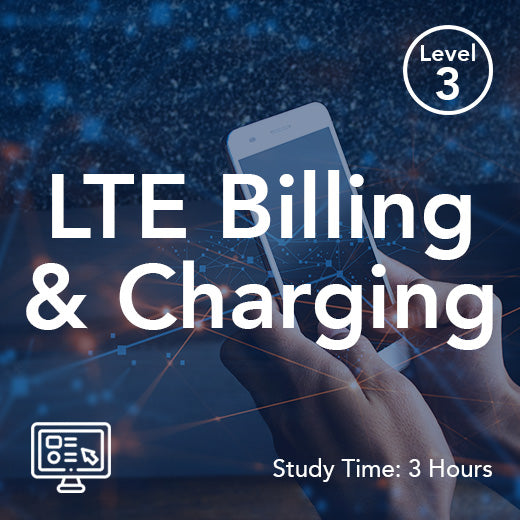Qual è l'impatto del 5G sulla latenza dei giochi?
- , di Paul Waite
- 2 tempo di lettura minimo
La tecnologia 5G è stata annunciata come un punto di svolta nel mondo delle telecomunicazioni, promettendo velocità più elevate, latenza inferiore e maggiore capacità rispetto ai suoi predecessori. Un’area in cui si prevede che l’impatto del 5G sarà particolarmente significativo è quella dei giochi, dove la latenza è un fattore critico nel determinare l’esperienza di gioco complessiva.
La latenza, o il ritardo tra il momento in cui un giocatore inserisce un comando e il momento in cui il gioco risponde, è un aspetto cruciale delle prestazioni di gioco. Un'elevata latenza può portare a un gameplay lento, rendendo difficile per i giocatori reagire in modo rapido e accurato agli eventi di gioco. Ciò può essere particolarmente problematico nei giochi competitivi dal ritmo serrato, dove le decisioni in frazioni di secondo possono fare la differenza tra vittoria e sconfitta.
Con l’avvento della tecnologia 5G, si prevede che la latenza dei giochi sarà notevolmente ridotta. Le reti 5G offrono una latenza molto più bassa rispetto alle generazioni precedenti di reti mobili, con alcune stime che suggeriscono che la latenza potrebbe essere ridotta fino a 10 volte. Ciò significa che i giocatori sperimenteranno tempi di risposta più rapidi quando giocano su reti 5G, portando a un’esperienza di gioco più fluida e fluida.
Uno dei motivi principali della minore latenza delle reti 5G è l’uso di tecnologie avanzate come il network slicing e l’edge computing. Il network slicing consente agli operatori di allocare risorse di rete specifiche a diversi tipi di applicazioni, garantendo che il traffico di gioco riceva un trattamento prioritario e non venga ritardato da altri tipi di dati. L’edge computing, d’altro canto, implica l’elaborazione dei dati più vicino all’utente finale, riducendo la distanza che i dati devono percorrere e riducendo ulteriormente la latenza.
Oltre a una minore latenza, la tecnologia 5G offre anche maggiore larghezza di banda e capacità, consentendo la trasmissione di più dati a velocità più elevate. Ciò significa che i giocatori potranno godere di una grafica di qualità superiore, un gameplay più fluido ed esperienze di gioco più coinvolgenti sui propri dispositivi mobili.
L’impatto del 5G sulla latenza dei giochi non si limita ai giochi mobili. Con l’avvento dei servizi di cloud gaming come Google Stadia e Microsoft xCloud, i giocatori possono ora eseguire lo streaming di giochi di alta qualità su Internet senza la necessità di costosi hardware di gioco. Si prevede che le reti 5G miglioreranno ulteriormente le prestazioni dei servizi di cloud gaming, consentendo una latenza ancora più bassa e uno streaming di qualità superiore.
Nel complesso, si prevede che l’impatto del 5G sulla latenza di gioco sarà significativo, portando a tempi di risposta più rapidi, un gameplay più fluido ed esperienze di gioco più coinvolgenti per i giocatori. Mentre la tecnologia 5G continua a diffondersi in tutto il mondo, i giocatori possono guardare avanti verso un futuro in cui il gameplay lento è una cosa del passato e dove l’unica cosa che si frappone tra loro e la vittoria è la propria abilità e strategia.








![[FN06sh] 5G AVANZATO (su richiesta)](http://wraycastle.com/cdn/shop/files/5G-Advanced.jpg?v=1741086243&width=645)


















